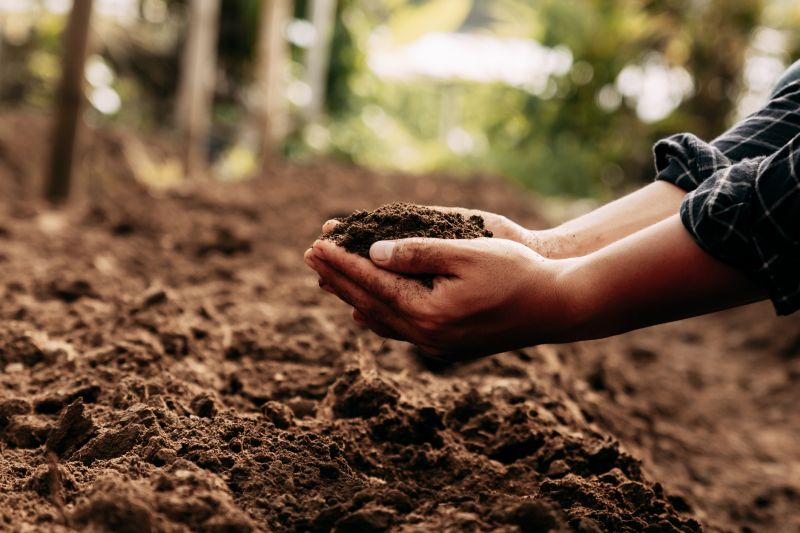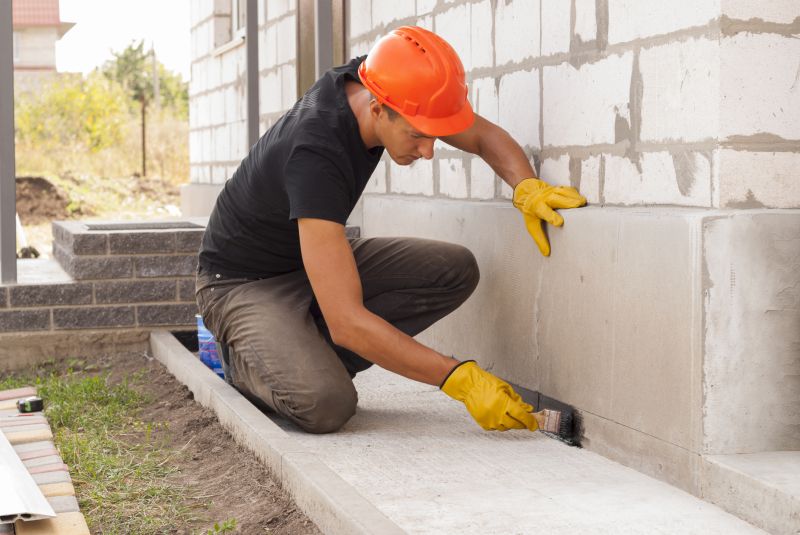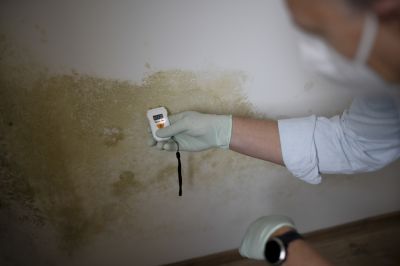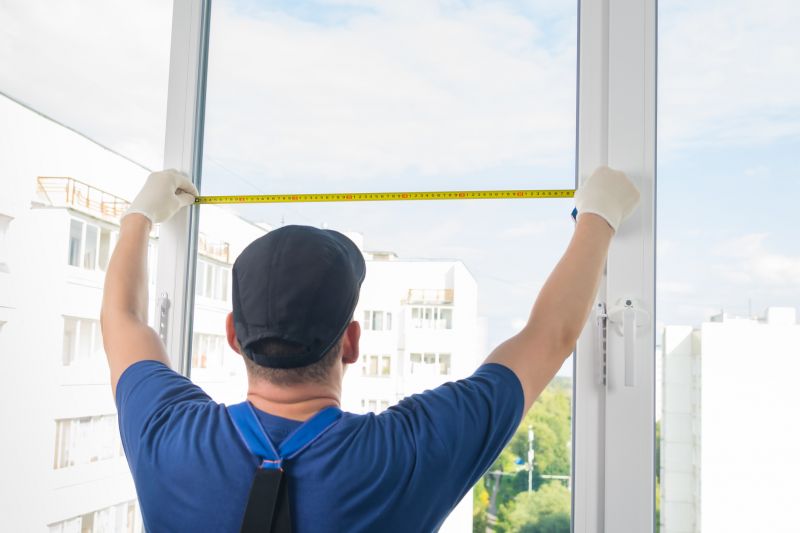Optimal Timing for Foundation Repairs
Foundation repairs are most effective when performed during specific times of the year, depending on weather conditions and soil stability. Optimal periods typically include dry seasons when ground moisture levels are stable, reducing the risk of further shifting or settling. Conducting repairs during these times can lead to longer-lasting results and fewer complications.
This period offers moderate weather and stable soil conditions, making it suitable for foundation repairs. Avoiding extreme heat or rain helps ensure the effectiveness of repair work.
Late summer and fall often provide dry conditions, which are ideal for foundation stabilization and repair projects. Cooler temperatures also facilitate better working conditions.
Cold weather and frozen ground can hinder repair efforts. Soil expansion and contraction due to freezing temperatures can compromise repair stability.
Repair timing should align with soil moisture levels to prevent further shifting. Monitoring local weather patterns helps determine the best window for foundation work.

Dry ground conditions support stable repairs and reduce complications.

Proper timing enhances soil stabilization efforts for lasting results.

Understanding seasonal soil movement helps plan effective repair schedules.

Ways to make Foundation Repairs work in tight or awkward layouts.

Popular materials for Foundation Repairs and why they hold up over time.

Simple add-ons that improve Foundation Repairs without blowing the budget.

High-end options that actually feel worth it for Foundation Repairs.

Finishes and colors that play nicely with Foundation Repairs.
| Season | Ideal for Foundation Repairs |
|---|---|
| Spring | Yes |
| Summer | Yes |
| Fall | Yes |
| Winter | No |
| Late Summer | Optimal |
| Early Fall | Optimal |
Foundation repairs are critical for maintaining structural integrity and preventing further damage. Soil conditions, weather patterns, and seasonal changes influence the timing and success of repair projects. Proper planning ensures that repairs are durable and effective, minimizing future issues related to ground movement or settling.
Statistics indicate that performing foundation repairs during stable weather conditions can extend the lifespan of repairs by several years. Soil movement due to moisture fluctuations is a leading cause of foundation issues, making timing essential for effective intervention.

Proper timing supports effective foundation stabilization techniques.

Monitoring helps determine the best repair window.

Understanding seasonal shifts informs repair scheduling.

Timing impacts the longevity of foundation repairs.
Interested parties are encouraged to contact for more information about foundation repair timing and services. Filling out the contact form provides an opportunity to discuss specific needs and schedule repairs during optimal conditions for lasting results.


